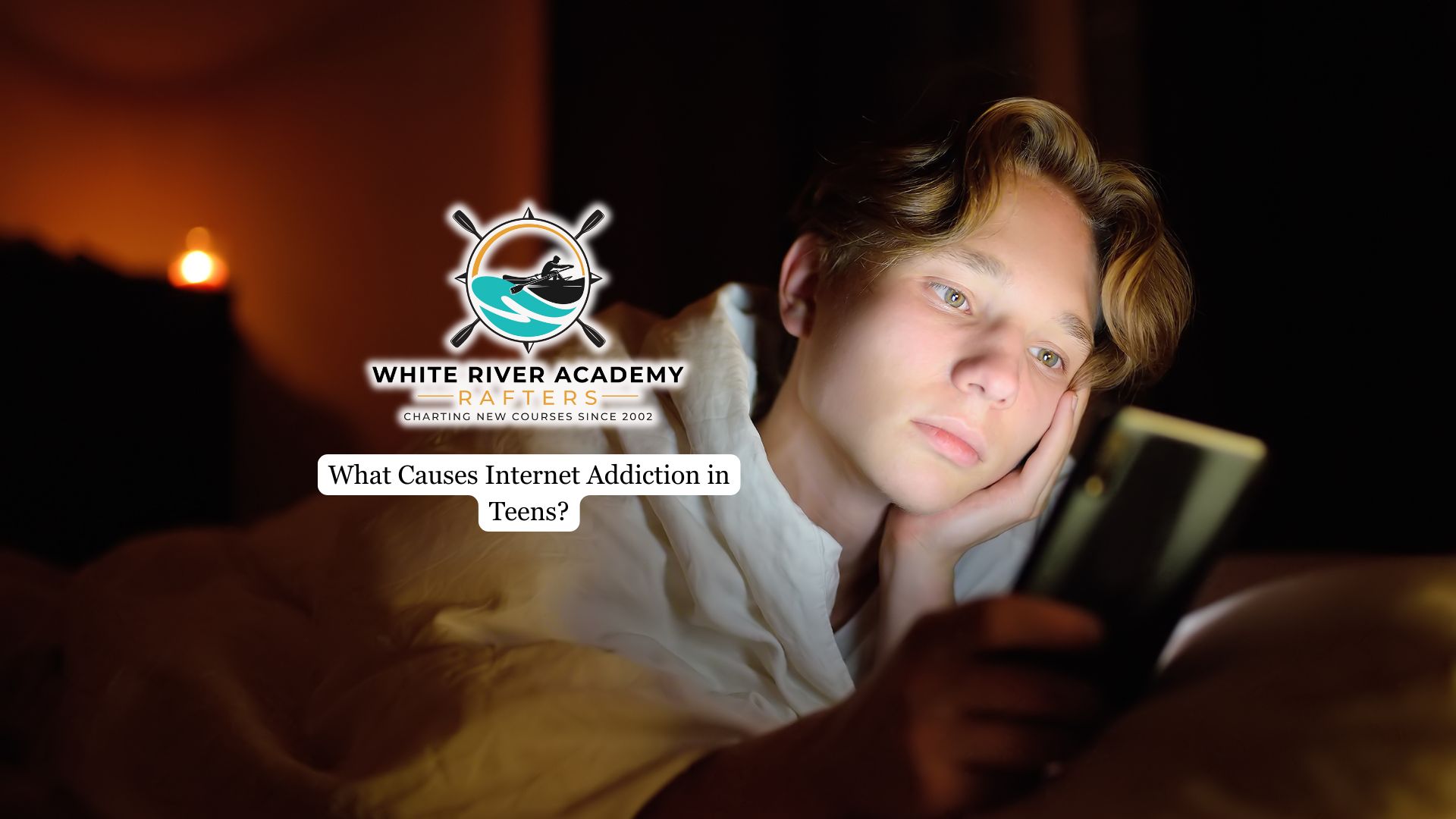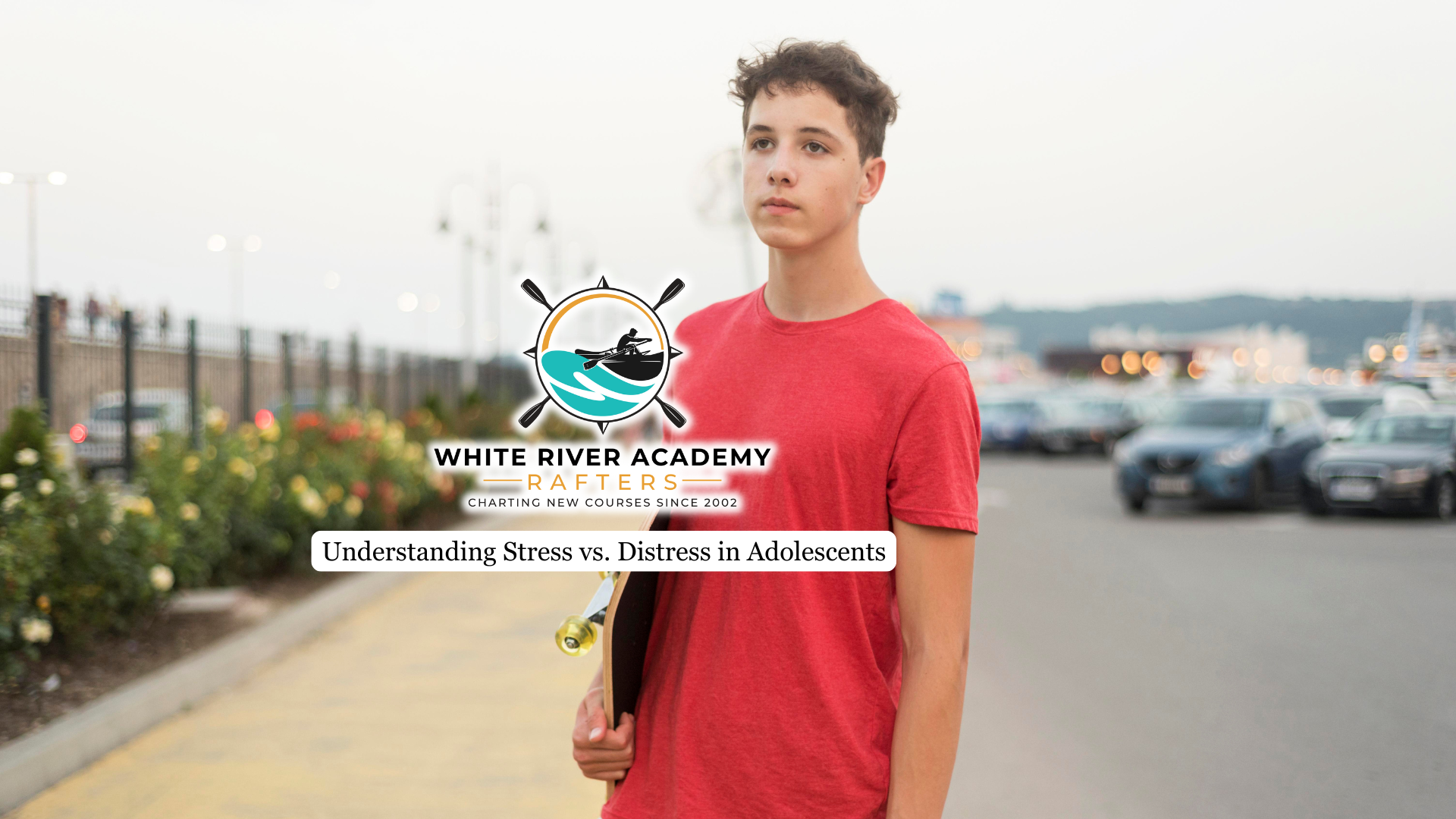Internet use plays an increasingly central role in adolescent life, supporting education, communication, and leisure. However, patterns of excessive or compulsive use—often referred to as internet addiction—are drawing greater concern among parents, educators, and mental health professionals.
This article explores the potential causes of internet addiction in teens, including neurobiological factors, psychological vulnerabilities, environmental influences, and co-occurring mental health conditions.
The Teenage Brain and Digital Reward
Adolescents are especially susceptible to addictive behaviors due to the way their brains are wired. The prefrontal cortex, responsible for impulse control and decision-making, is still developing, while the brain’s reward system, particularly dopamine pathways, is highly active. This makes teens more drawn to immediate rewards, like the likes, comments, and wins that digital platforms deliver. Online gaming, social media, and streaming services are designed to exploit these neurological traits, creating feedback loops that reinforce compulsive use.
As these reward systems are repeatedly activated, some teens begin to chase the “high” they associate with internet use. This pattern mimics what is seen in substance addiction, where dopamine dysregulation plays a key role. Over time, the brain may start to require constant digital stimulation, making everyday activities feel dull or unfulfilling by comparison.
Our internet addiction treatment program in Utah helps adolescent boys address preoccupation with online content through individualized support and helps teens rebuild healthy relationships offline.
Emotional Regulation and Escapism
Many teens turn to the internet as a coping mechanism for emotional distress. Those who struggle with anxiety, depression, low self-esteem, or trauma may find temporary relief in online spaces. Social media, gaming, or streaming content can serve as emotional anesthesia, numbing painful thoughts or distracting from unresolved emotions.
However, this reliance often backfires as the more teens depend on the internet to escape, the less likely they are to develop healthy emotion regulation skills. Over time, compulsive internet use can intensify underlying mental health conditions, leaving teens more isolated, anxious, or emotionally unstable. This emotional avoidance cycle mirrors the patterns seen in substance addiction, where the “high” is used to avoid confronting emotional pain.
Family Environment and Parenting Styles
Family dynamics significantly influence your child’s relationship with technology. Homes characterized by poor communication, inconsistent boundaries, or high conflict with your teen may unintentionally push them toward digital escape. On the other hand, overly permissive parenting—with few restrictions on screen time—can create an environment where unhealthy internet use becomes normalized.
Teens with limited parental engagement or supervision may spend hours online without accountability, increasing their exposure to addictive platforms. Conversely, those living in homes where emotional needs are unmet may use the internet as a substitute for connection. In both scenarios, the lack of real-world relational support becomes a fertile ground for behavioral dependency.
Co-Occurring Mental Health and Behavioral Conditions
Internet addiction often doesn’t exist in isolation. It frequently co-occurs with mental health conditions such as ADHD, depression, anxiety disorders, or conduct disorders. Teens with these diagnoses are more likely to struggle with impulse control, emotional regulation, or social functioning, all factors that increase susceptibility to addictive behaviors.
Neurodevelopmental differences may also play a role. For example, a teen with autism spectrum disorder might find it easier to engage in structured online interactions than face-to-face communication. While the internet can offer comfort and safety, overuse can hinder social skill development and deepen withdrawal from the offline world. Similarly, teens with a history of trauma may gravitate toward digital spaces where they feel more in control, even as it disrupts their ability to engage with reality in healthy ways.

Peer Pressure and Online Validation
Adolescence is a time of identity formation, and peer validation plays a critical role. Teens are especially vulnerable to the social currency of likes, followers, and digital status symbols. Social media platforms are intentionally designed to amplify this pressure, making teens feel that constant online engagement is essential to social survival.
This can lead to a fear of missing out (FOMO), obsessive checking, and compulsive comparison, behaviors that increase emotional distress and feed addictive cycles. The validation loop created by social media is particularly risky for teens already struggling with self-worth, increasing their vulnerability to anxiety, depression, and maladaptive coping mechanisms such as substance use or self-harm.
Common Symptoms of Internet Addiction in Teens
- Preoccupation with online activities, often thinking about the internet even when offline
- Loss of interest in offline hobbies, sports, or social interactions
- Irritability or restlessness when internet use is restricted or unavailable
- Lying about time spent online or sneaking device use
- Neglect of school responsibilities, homework, or declining academic performance
- Using the internet to escape negative emotions, such as sadness, anxiety, or boredom
- Sleep disturbances due to excessive late-night screen time
- Withdrawal from family and friends, preferring virtual interaction over in-person connections
- Failed attempts to cut back on screen time despite awareness of negative effects
- Physical complaints, like headaches, eye strain, or fatigue, linked to prolonged use
Final Thoughts from White River Academy
Internet addiction in teens often reflects deeper, unresolved challenges such as emotional dysregulation, trauma, or emerging substance use issues. Addressing the behavior alone by limiting screen time is rarely sufficient. Effective treatment requires a structured, therapeutic approach that targets the root causes and helps teens develop healthier ways to manage stress, relationships, and self-esteem.
At White River Academy in Holden, Utah, we offer specialized internet addiction treatment for troubled boys, integrating clinical care with a faith-based foundation. Our program combines individual therapy, group counseling, and skill-building activities to support long-term behavioral change. Whether a teen is struggling with digital dependency, emotional instability, or co-occurring mental health conditions, our team provides the tools and guidance needed for lasting recovery.




